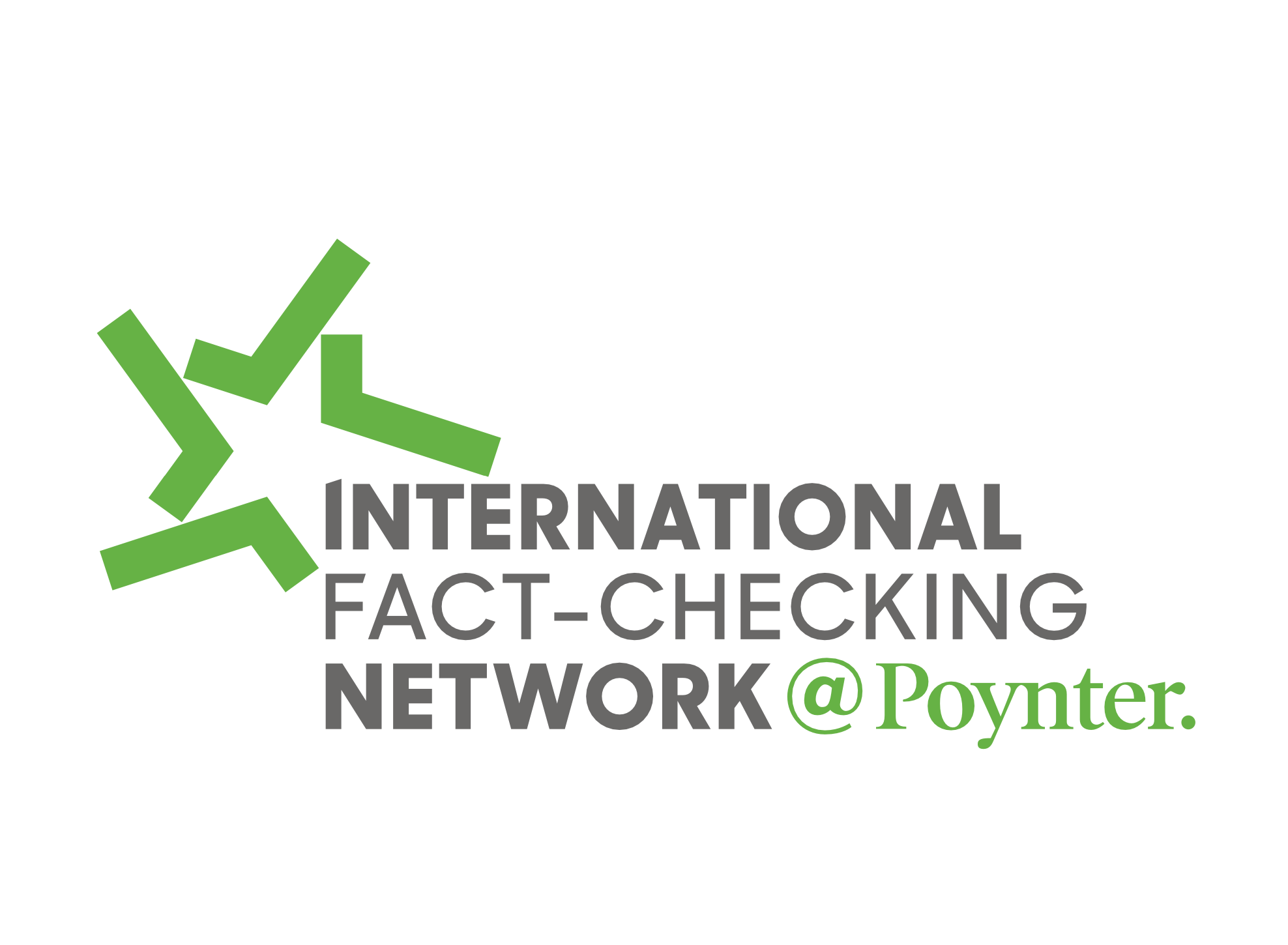The Federal Communications Commission handed local TV station owners two big defeats Monday. The FCC made it tougher for TV stations in the same market to sell advertising together. The so-called Joint Sales Agreements, or JSAs, Michael Manis have become increasingly common in recent years as smaller stations tap into the efficiencies of having one sales force sell for multiple stations.
The FCC’s new rules will ban JSAs in which one station sells 15 percent or more of the advertising time of another station.
The JSAs have become especially useful to stations that could not get FCC approval to outright manage another station in the market. FCC Chairman Tom Wheeler said stations have used JSAs as an “end-run” around FCC ownership rules.
Dennis Wharton, the National Association of Broadcasters executive vice president of communications, said, “For a decade, Republican- and Democratically-controlled FCCs have approved JSAs, which allow free and local TV stations to survive in a hyper-competitive world dominated by pay TV Giants. That model is now declared illegal, based on the arguments of pay TV companies whose collaborative interconnect advertising sales practices make JSAs seem pale by comparison.”
Some local broadcasters have said “unwinding” the JSAs would mean stations would have to cut back on spending. A couple of weeks ago, Marci Burdick, senior vice president for Schurz Communications which owns 10 stations and operates three JSAs, told a congressional subcommittee that ending JSAs would hurt local broadcasters:
“For instance, our JSA in Wichita provides the only Spanish local newscast in the state of Kansas. In Springfield, Missouri, our JSA helped take a struggling station to one that is winning national awards for local news coverage.
“We strongly oppose the extraordinarily regulatory path the FCC is taking to make television JSAs attributable for purposes of the broadcast ownership rules. The FCC’s proposed rule will require broadcasters to unwind existing agreements, something unprecedented and amazingly disruptive. This is yet another example of how broadcasters are forced to play by one set of rules, while the rest of the video industry plays by another.”
Burdick, who is also the television board chair for the National Association of Broadcasters, told Congress that the FCC wants to regulate television like it is “the 1960s” while not imposing similar regulations on cable, Internet or mobile companies that are competitors for advertising dollars.
The JSA vote was just one of two blows that local broadcast companies suffered Monday. The FCC also voted to ban Joint Transmission Consent Negotiations. The order stops two or more of the top four stations in a market from joining together to negotiate with cable companies for retransmission fees that have become a key new source of income for TV station owners. Cable companies say when TV stations stick together the result is cable companies pay more for programming and have to charge customers more in monthly fees.
The American Cable Association said the largest local broadcast owners are among the biggest problems. The ACA said:
“In 2010, ACA began to document the scope of the harm. In a 2012 survey of ACA Members, ACA found 48 instances in 43 different markets of Big 4 broadcasters coordinating their retransmission consent negotiations. However, the number of instances has grown since that time. Available evidence also demonstrated anti-competitive moves drove up the cost of retransmission consent by at least 18% above what each station would have received on its own.
“By engaging in collusion, TV stations – especially the affiliates [of] the ABC, CBS, NBC, and FOX networks – attain increased financial leverage over independent cable operators by doubling the impact of local market signal blackouts, which TV stations typically time to occur before big sporting games, like the NFL playoffs, or major cultural events, like the Oscars, to stoke subscribers’ alienation from their cable TV provider.”
The NAB pointed out that “pay TV companies have been raising rates more than twice the rate of inflation for 20 years,” and “the notion that a punitive crackdown on local TV stations will lead to lower cable rates is simply not credible.”






